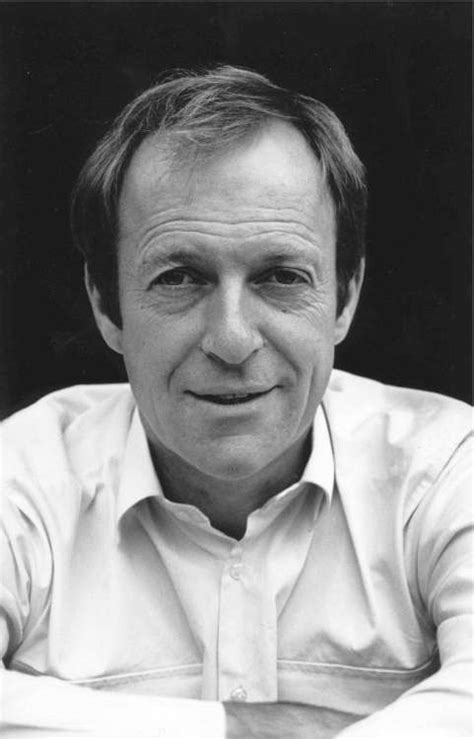A Quote by Antoine Lavoisier
It is almost possible to predict one or two days in advance, within a rather broad range of probability, what the weather is going to be; it is even thought that it will not be impossible to publish daily forecasts, which would be very useful to soci.
Related Quotes
That's the thing about golf. In a team sport, when a team's on a roll, you have a little bit more data and comfort in predicting whether the roll's gonna continue, whether the team is playing well and who the opponent is. But the golf course is the opponent. It changes every round in terms of wind and weather and so forth. And your game is never the same two days in a row. It's almost impossible to handicap and predict.
Saudi Arabian oil production is at or very near its peak sustainable volume (if it did not, in fact peak almost 25 years ago), and is likely to go into decline in the very foreseeable future. There is only a small probability that Saudi Arabia will ever deliver the quantities of petroleum that are assigned to it in all the major forecasts of world oil production and consumption.
Just as little can we afford to follow the doctrinaires of an impossible - and incidentally of a highly undesirable - social revolution which, in destroying individual rights - including property rights - and the family, would destroy the two chief agents in the advance of mankind, and the two chief reasons why either the advance or the preservation of mankind is worthwhile.
Satellite photography in the 1970's gave rise to the long-range weather forecast, a month at a time. This in turn gave rise to the observation that the long-range weather forecast was wrong most of the time. In turn, this gave rise to the dropping of the long-range weather forecast and to the admission that really accurate forecasting could only cover the next day or two, and not always then.
As those who have seen Jurassic Park will know, this means a tiny disturbance in one place, can cause a major change in another. A butterfly flapping its wings can cause rain in Central Park, New York. The trouble is, it is not repeatable. The next time the butterfly flaps its wings, a host of other things will be different, which will also influence the weather. That is why weather forecasts are so unreliable.
Most of the crackpot papers which are submitted to The Physical Review are rejected, not because it is impossible to understand them, but because it is possible. Those which are impossible to understand are usually published. When the great innovation appears, it will almost certainly be in a muddled, incomplete and confusing form. To the discoverer himself it will be only half-understood; to everybody else it will be a mystery. For any speculation which does not at first glance look crazy, there is no hope.
Science fiction does not attempt to predict. It extrapolates. It just says, "What if?" not what will be? Because you can never predict what will happen, particularly in politics and economics. You can to some extent predict in the technological sphere - flying, space travel, but even there we missed badly on some things, like computers. No one imagined the incredible impact of computers, even though robot brains of various kinds but the idea that one day every house would have a computer in every room and that one day we'd have computers built into our clothing, nobody ever thought of that.




































